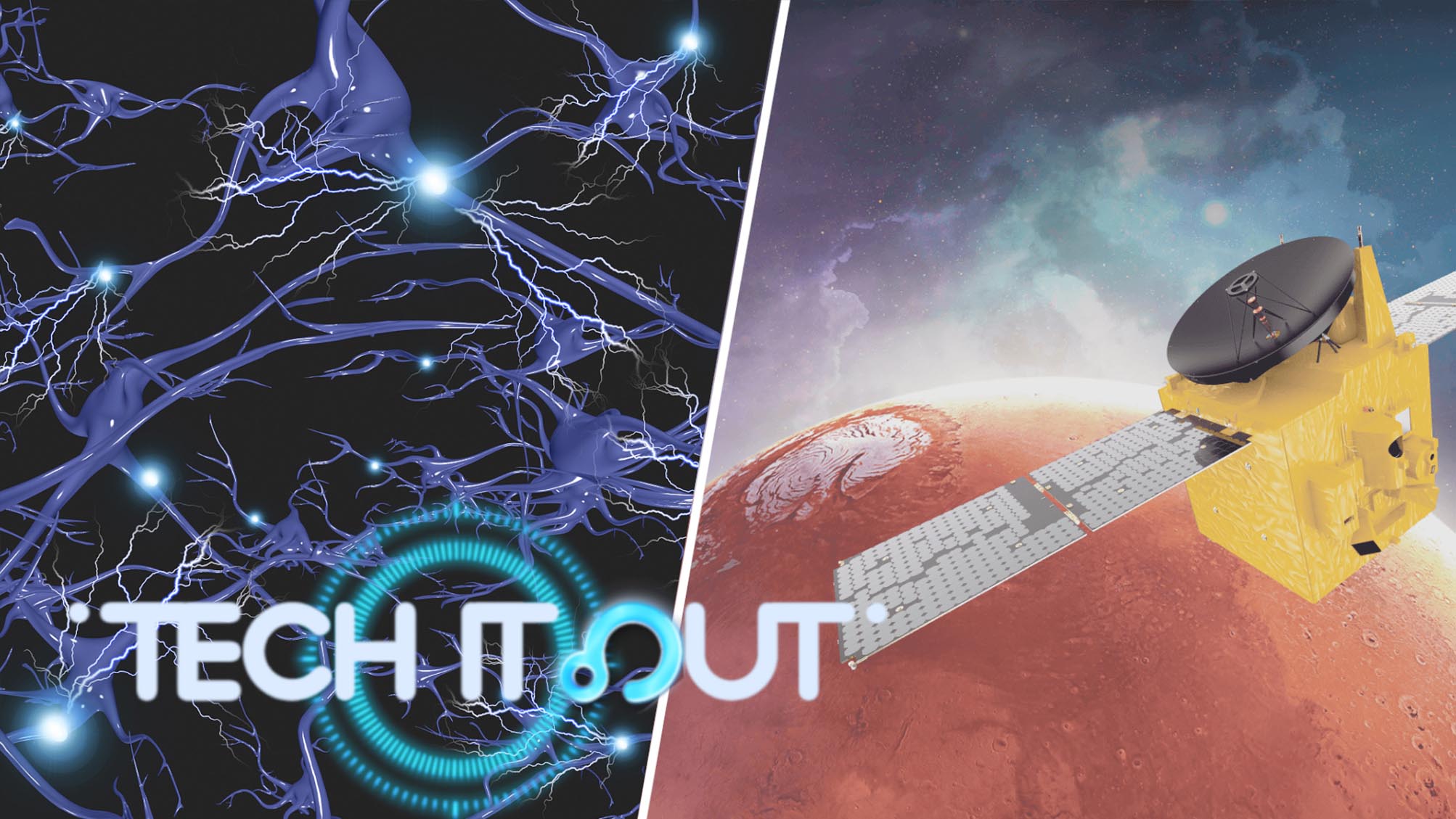02:51

In this week's Science Saturday, from China's artificial sun to new findings on Mars, let's take a look at what's making news in the world of science.
China's 'artificial sun'
China is one step closer to developing safer, cleaner forms of nuclear energy. The Tokamak reactor, nicknamed the "Artificial Sun," generates power by applying powerful magnetic fields to a contained loop of hot plasma, which can reach temperatures of more than 150 million degrees Celsius. That's up to 10 times hotter than the core of the Sun and five times longer than the current record held by South Korea's reactor. Scientists hope to use this device to meet China's energy needs and ensure the future sustainable development of the industry.
Space exploration
NASA has completed an important milestone for sending astronauts to deep space destinations! The Orion spacecraft has successfully carried out its first splash test to simulate what crews would experience during a similar scenario in the Pacific Ocean. The 11-foot capsule was dropped into a large tank of water in a research center in the U.S. state of Virginia. NASA says the water-impact tests are part of efforts to simulate landing scenarios in its unmanned mission to the Moon, scheduled for November this year.
Red planet
China's Tianwen-1 probe has captured two new images of Mars, showing a crescent with clear grains on the surface. The side images were taken with a medium resolution camera 11,000 kilometers away from Mars. Earlier this month, the spacecraft sent its first high-definition photos of Mars from orbit – one in color, the other two in black and white. Tianwen-1 marks China's first Mars exploration mission, launched in July last year. It entered the parking orbit around Mars in February, and will stay there for another three months.
More on the Red planet
The United Arab Emirates' probe has transitioned to the next phase. Hope has completed the process to enter the science orbit, where it will study the entire atmosphere around Mars. It's expected to release the first data in October. Its core objective is to build the first complete picture of the planet's atmospheric dynamics. The probe has so far captured over 825 images of Mars. The UAE is the first Arab country to reach Mars, following the successful entry of its probe into the Martian orbit in February.
"Science Saturday" is part of CGTN's science and technology series "Tech It Out." The segment brings you the latest news about innovations and technological breakthroughs in the past two weeks from across the world.

